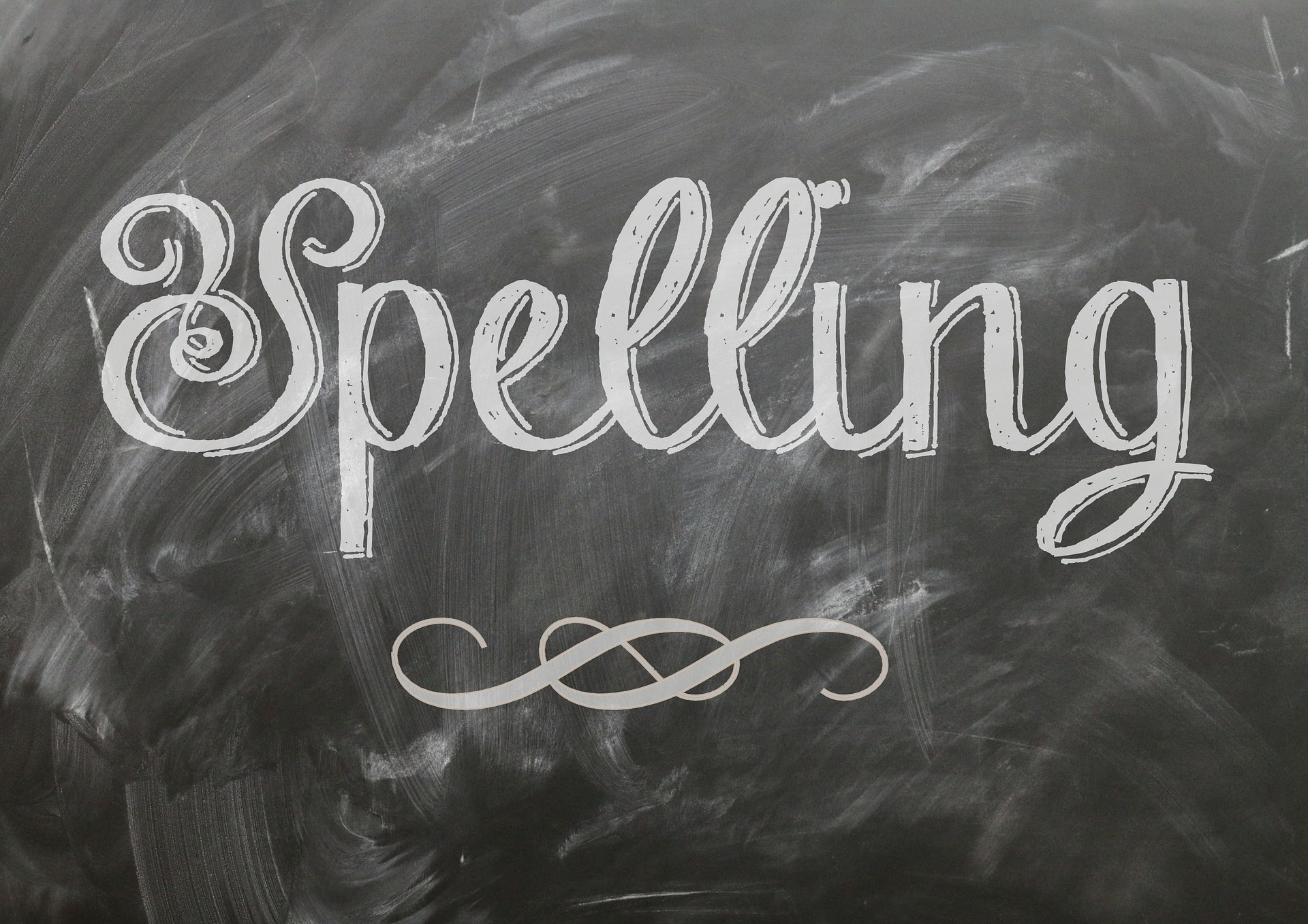The way in which we communicate is changing – we only need to look at the explosion of the digital world over the last 15 years or so to see it. And spelling is no different.
The transformation is all thanks to technology. Everything in this modern world is immediate, at the touch of a button thanks to apps and email. The content of our communication has become much more visual too. No longer does text or print dominate. In the world of pictures, emoji’s and gifs – as well as the ever increasing use of video as we’ve seen with the rising popularity of Instagram stories – we’ve become used to seeing much more visual communication.
The down side is that with this constant barrage of information from which there seems almost no respite, our attention spans have reduced too, so making an impression must be done well – and quickly!
The world of change…
Within this world of change the language that we’re using is also evolving. Some believe that as English evolves we’ll see the disappearance of the apostrophe and other elements of spelling that many see as superfluous… whether that’s a good thing is very debatable!
We’ve touched before on how the world is changing in our blogs Is the English language under attack? and How shorthand has been replaced within the digital world. But when it comes to spelling, does change matter? And does spelling it right, and not falling into the trap of using slang or urban language matter too?
Mark Twain once said: “I don’t give a damn for a man who can only spell a word one way.” He suggested that it’s the creativity that counts, not the semantics of spelling a word the same way each time. But here at FSTL we believe that in the business world it does indeed matter. It limits the chances that the meaning behind the word you’re using won’t be misunderstood. It shows you care about how you do business because you get it right.
Credibility is key…
Spelling correctly isn’t just about linguistic clarity and being able to convey proper meaning. It’s has an impact on how credible you look. People will judge you on it, whether you like it or not. This BBC story revealed research that shows people will leave a website if they spot a spelling mistake as they believe it may be a scam or fraudulent. Imagine the effect that could have on your business? It shows that poor spelling doesn’t just cause confusion, reduce clarity and meaning, but in really extreme cases it could be devastating to the bottom line of your business in terms of missed sales and job opportunities.
A survey by the CBI in 2015 revealed that employers are concerned about the literacy standards of school leavers with as much as 38% of them not achieving grade C or above in GCSE English. As technologies, products, services and markets evolve, UK businesses will need more people able to fill skilled jobs in the years ahead. The CBI believes that the levels of skills that were adequate in the past will not suffice in future. Showing that you’re competent and intelligent is perhaps more important than ever – and spelling correctly is a basic but effective way to showcase this.
Computer says no…
Spell check has a lot to answer for, not necessarily just for spelling but more for inserting incorrect words into a document. It sometimes means a computer-created error can go unnoticed. A good example of this was in an official White House press statement that called for ‘peach’ in the Middle East, rather than ‘peace’ as mentioned in a BBC post here. It’s likely that with the modern day demands to get information out as quickly as possible the copy-editing and proofreading that would have stripped out errors that we used to see in the past are lacking. Typos then become much more commonplace.
This is why as a transcription agency we don’t rely on it! All our transcripts are fully proofread before being sent to clients to ensure they are completely accurate.
The very fact that spell check exists tells us that spelling matters. Otherwise there’d quite simply be no need for it, would there?

